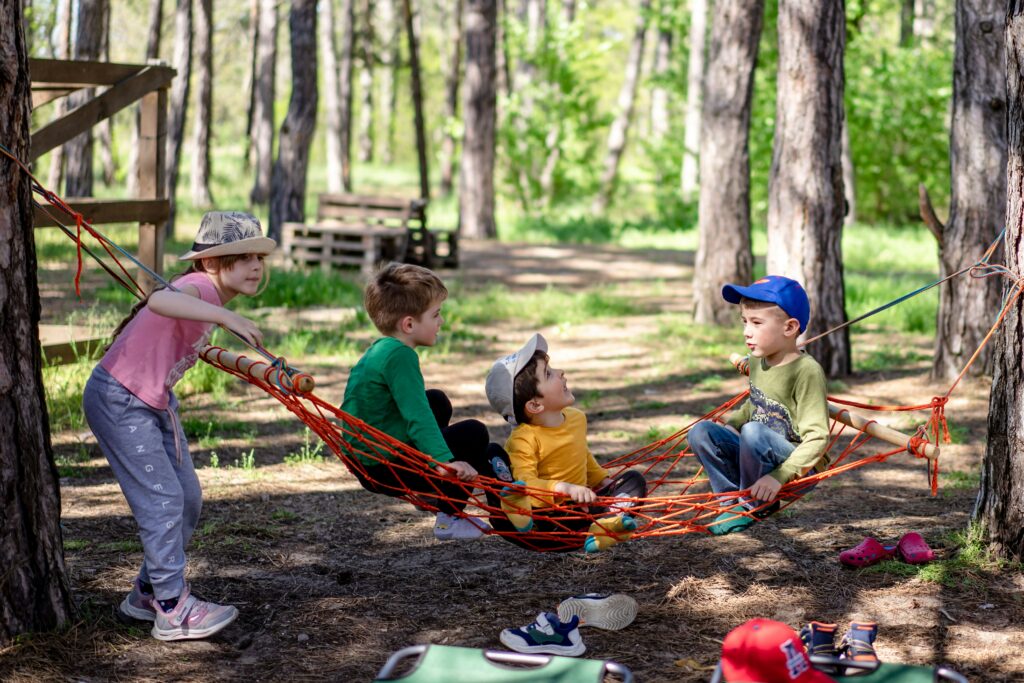At Educate Excellence, we know that friendships are a key part of a happy and successful school experience. Learning how to make and keep friends builds more than just social confidence — it also helps children develop important skills such as communication, empathy and teamwork.
For many children in primary school, friendship comes naturally. But for others, making new friends can feel uncertain or even scary. Whether your child is shy, new to a school, or just unsure where to start, this blog offers gentle guidance on how to help them build strong, positive connections with others.
Why Friendships Matter in Primary School:
Friendships in the early school years offer more than play. They help children:
-
- Feel safe, included and part of a group
- Learn how to share, take turns and solve problems
- Express their thoughts and feelings
- Grow resilience and emotional awareness
- Build confidence in social situations
When children have healthy friendships, they are more likely to enjoy school, feel motivated to learn and cope better with challenges.
Common Challenges Children Face:
Not all children find making friends easy. Your child might:
-
- Feel too shy or nervous to start a conversation
- Struggle with reading social cues like body language or tone
- Prefer playing alone or find big groups overwhelming
- Have had a difficult experience, like being left out or teased
- Find it hard to share, take turns or join in group games
These challenges are common, and they can be improved with support, practice and encouragement.
Simple Tips for Making Friends:
1. Start with kindness
Teach your child that a smile, a friendly “hello” or asking someone to join a game can go a long way. Being kind makes others feel safe and welcome.
2. Look for shared interests
Encourage your child to notice what others enjoy, whether it is football, drawing or a favourite book. and use it as a way to connect.
3. Practise social phrases
Younger children may benefit from learning phrases such as:
-
- “Can I play with you?”
- “What are you drawing?”
- “Do you want to sit with me?”
Role-playing these phrases at home can help build confidence.
4. Take small steps
Making one friend is a great start. Children don’t need a big group. Encourage them to focus on one or two people who are kind and respectful.
5. Talk through social situations
If your child finds something tricky, help them reflect on it calmly. Ask questions like “What happened?” and “What might you try next time?”
How Parents Can Support Social Growth:
1. Set up playdates or group activities
Giving children a chance to connect outside of school can help them form stronger bonds in a relaxed environment.
2. Talk positively about friendship
Model good social habits at home, saying thank you, listening, apologising and including others. Children learn from what they see.
3. Praise effort, not popularity
Celebrate kind behaviour, bravery and trying new things. Say things like “I’m proud of you for saying hello today” or “That was kind of you to include someone.”
4. Work with teachers and tutors
If your child struggles socially, let their teacher or tutor know. They may be able to support group activities or pair them with a buddy.
How Educate Excellence Supports Friendship Skills:
Our tutors create small, inclusive learning environments where children feel safe, respected and heard. We help students:
-
- Develop communication and teamwork through group activities
- Build confidence in expressing thoughts and ideas
- Learn respectful, positive ways to solve disagreements
- Practise social interaction in a supportive setting
We understand that every child is different, and we tailor our support to help each student grow both socially and academically.
Friendships Take Time and That’s Okay:
Making friends is a skill, just like reading or maths. It takes practice, patience and encouragement. With the right support, every child can learn how to build friendships that are kind, respectful and lasting.
If your child needs help with confidence or social skills, Educate Excellence is here to support them. Our tutors create calm, caring spaces where children learn, grow and connect with others in a way that feels safe and rewarding.

